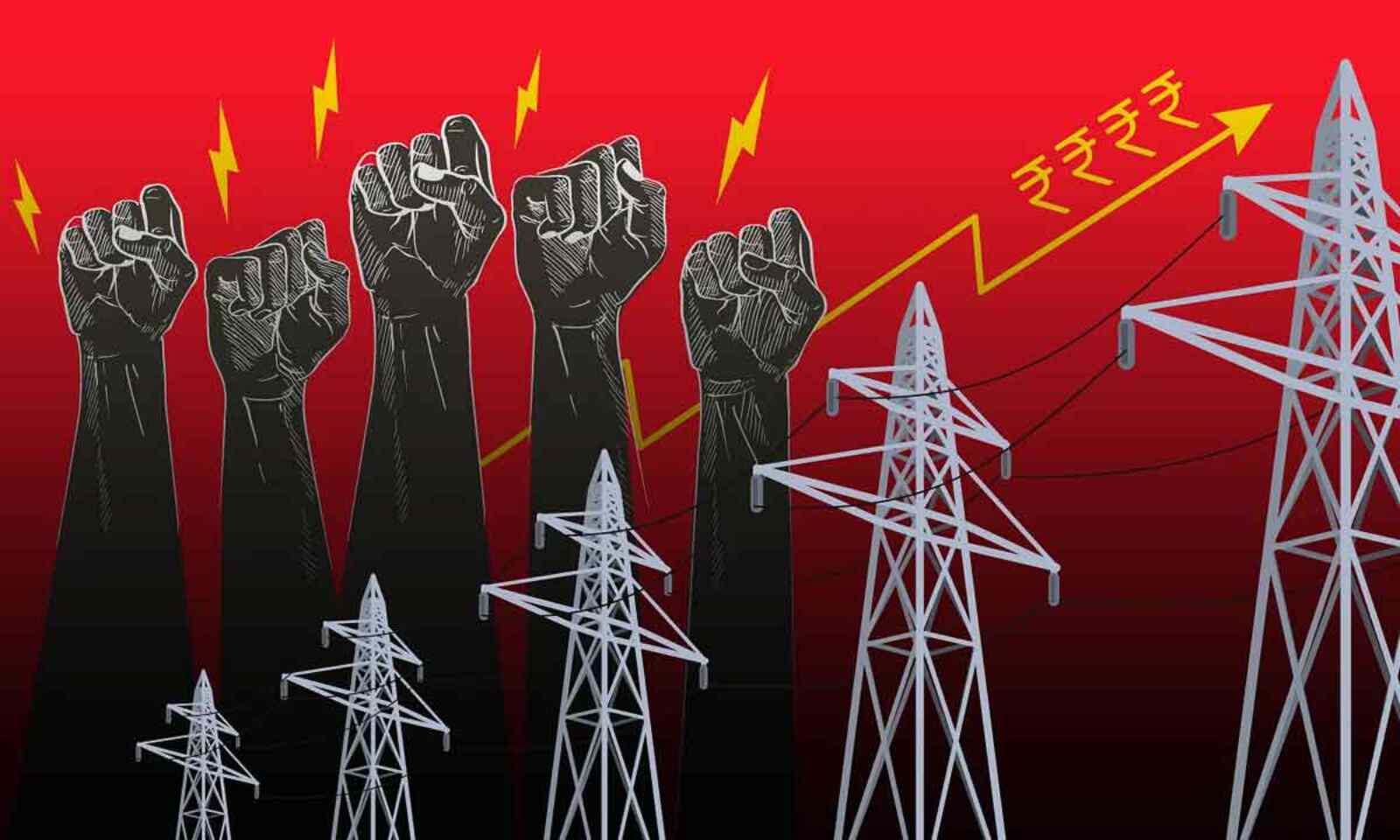The city’s business community has announced a protest demonstration against the soaring electricity bills and “unjust” taxation on Thursday (today), warning of three-day nationwide trade closures in protest if demands go unheard.
Traders are all set to stage a stationary protest demonstration in the heart of the city – Regal Chowk in Saddar – on Thursday at 4 pm to pressurise the government to withdraw tax raise and higher electricity bills with fixed monthly charges of Rs 60,000.
A meeting held on Tuesday with notable trade leaders including Atiq Mir, Rizwan Irfan, Mahmood Hamid, Jamil Paracha and Sharif Memon, declaring a three-day countrywide shutter-down strike if the government shrugged off their key demands.
Atiq Mir, Chairman of Karachi Tajir Ittehad told the meeting, which the Cooperative Market hosted, “we will not let the government starve our kids to death,” saying that the government’s policies are forcing traders into extreme poverty.
Rizwan Irfan, President of Karachi Electronics Dealers Association, urged the government to reconsider its policies. “The government should avoid provoking traders to take to the streets,” he warned.
Mahmood Hamid, President of the Organization of Small Traders and Cottage Industry Karachi, pointed out some historical precedents, noting how public uprisings have toppled governments like the recent in Bangladesh.
“No power can withstand the united front of the starving populace,” he declared.
Jamil Paracha, Chairman of Sindh Tajir Ittehad, vowed that the struggle will continue until the last breath, while Sharif Memon, President of Bolton Market, accused the government of attempting to divide the traders.
“They will fail in their attempts, our movement will continue until our demands are met,” he asserted.
Aasif Gulfam from Aram Bagh Traders Alliance emphasized Karachi’s contribution to the national economy, stating, “Karachi contributes 70 percent of the revenue, yet our roads are broken, and we lack basic utilities. The government now wants to bleed us dry with new taxes.”
Rauf Ibrahim, President of Karachi Wholesale Grocers Association, highlighted the severe impact of “oppressive” taxes.
“When you tax basic necessities like pulses, flour, and milk, what do you expect people to eat? We cannot be part of any plan that starves the population,” he said.
Aslam Khan, General Secretary of the Cooperative Market, assured that Karachi’s traders are united. “Together, we will succeed in our demands,” he proclaimed.
The meeting concluded with demands for the abolition of the slab system in electricity billing, a 50 percent discount for consumers using up to 500 units, and the annulment of unjust IPP contracts.

